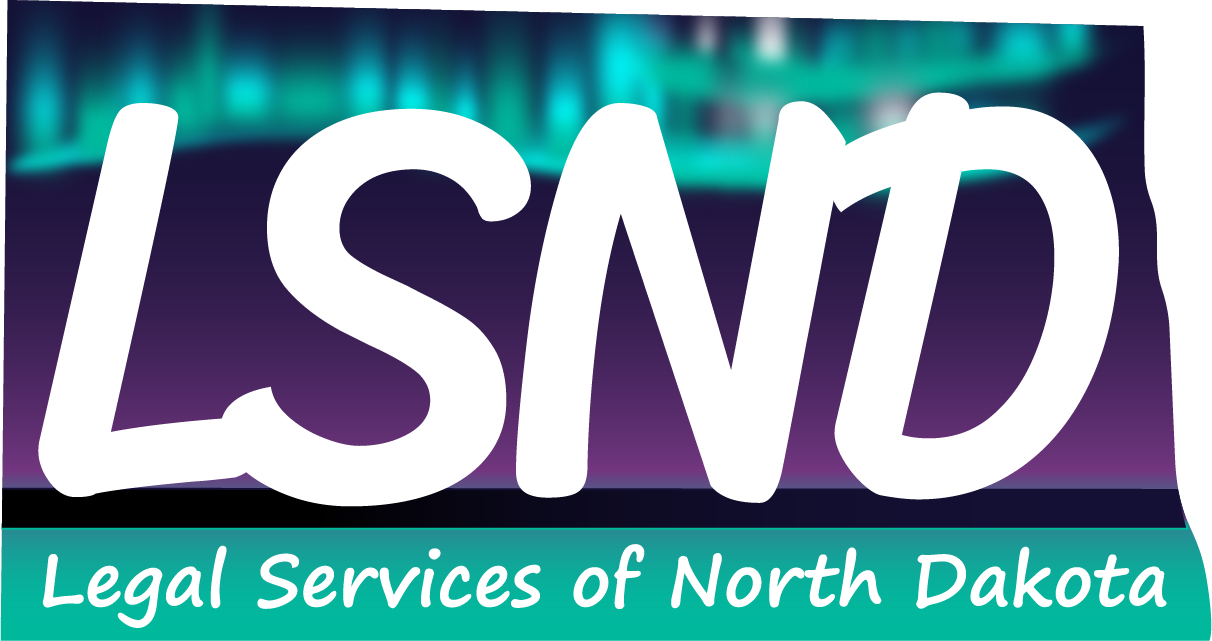Getting Child Support
If you are on public assistance and have physical custody of your child, you will be required to do the following:
• Assign your right to collect child support over to the state
• Cooperate with county social services
• Cooperate with the child support enforcement unit.
A good cause exception to paying child support may be granted if cooperation in securing child support is reasonably anticipated to result in either of the following:
• Physical or emotional harm to the child.
• Physical or emotional harm to the parent or caretaker relative with whom the child is living.
If you are not on public assistance, then you can either ask the child support enforcement unit for help or find a private lawyer to represent you.
How Are The Guidelines Used?
The guidelines look at the income of the parent who does not have custody (the non-custodial parent).
First, gross income is calculated. Gross income includes items such as wages, prizes, and inheritance. Then, there are deductions from gross income. Allowed deductions include federal and state income taxes at standard rates, the child’s health insurance premiums, the child’s uncovered medical expenses, required payroll deductions (union dues, retirement), and any ongoing special employee expenses.
If the non-custodial parent has a duty to support other children, additional deductions may be allowed.
How Is The Amount Set?
The North Dakota Department of Human Services sets the guidelines for the amount of child support
Can Courts Order Payments Not Within The Guidelines?
• Yes, if facts show a different ability to earn income than what is in the guidelines
• Courts can order higher child support amounts based on, for example:
– very high income, or
– many children, or
– children needing special care due to disabilities, or
– the non-custodial parent changing their financial situation to try and get out of paying support
• Courts can order lower child support amounts based on, for example,
– cost of visitation travel
– hardship, such as a tragic event
– special health needs of the non custodial parent

What If The Non-custodial Parent Has No Income?
Courts establish a method which usually results in the highest amount for child support purposes. Some methods of calculation include gross minimum wage, gross wages generally earned in that field, or the greatest average gross earnings over a period of time.
What If I Live In An Expensive Part Of The Country?
Normal living expenses, even in states where the cost of living may be higher, are not considered by the court.
Does It Cost Anything If The Child Support Enforcement Agency Helps Establish Child Support?
• If you have ever been on AFDC or TANF, you cannot be charged a fee for services.
• If you have not received AFDC or TANF, you may be required to pay a fee.
Visitation and Child Support Are Separate Issues
The non-custodial parent is entitled to visitation with the child regardless of whether child support payments are current.
Applications accepted online at: www.childsupport.dhs.nd.gov
or reach us at: 701-328-5440
Who Do I Contact With Additional Questions?
Seniors 60 and over Call:
1-866-621-9886
Others Call:
1-800-634-5263
You may apply for legal services by completing our online website application.
